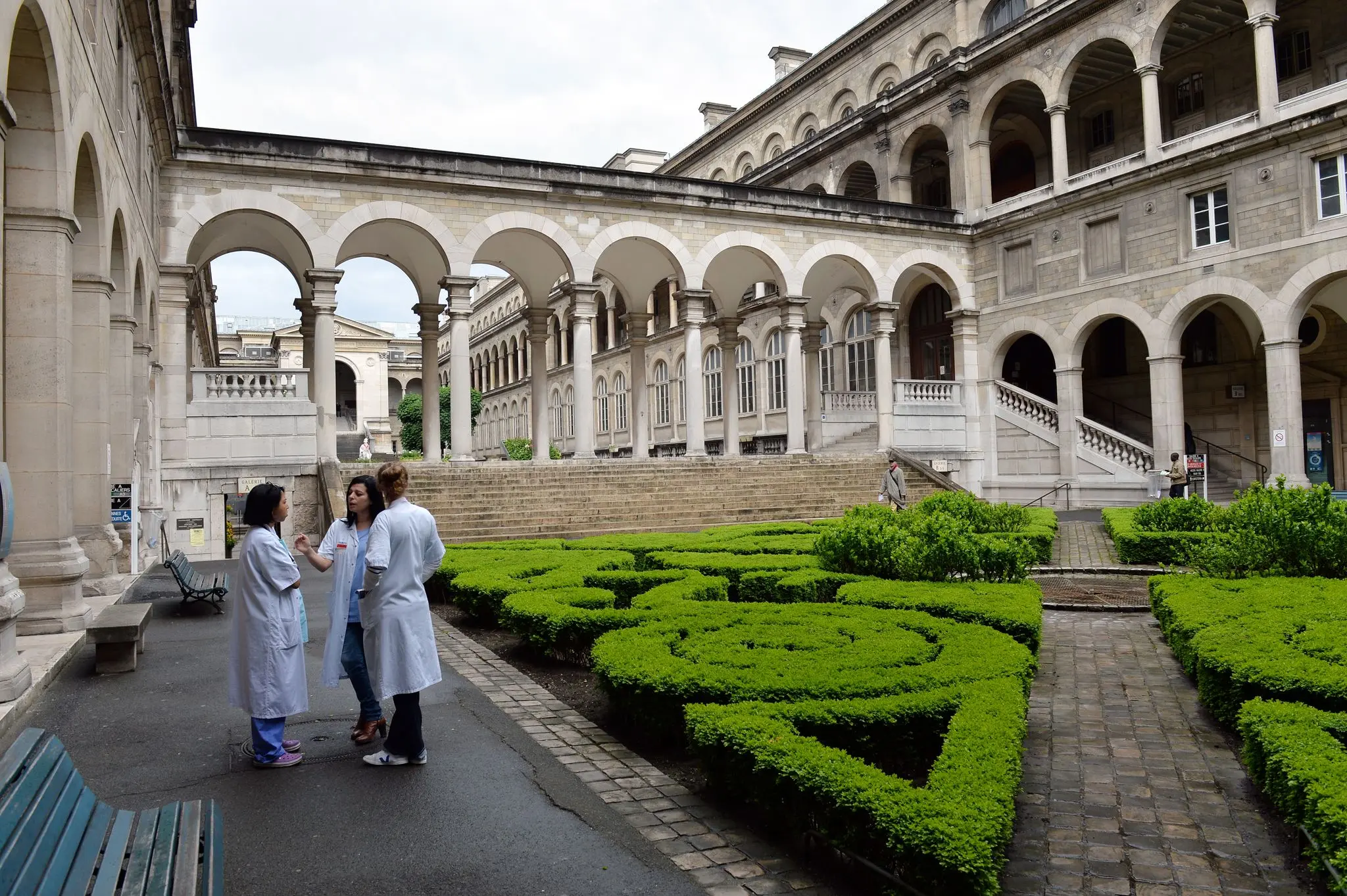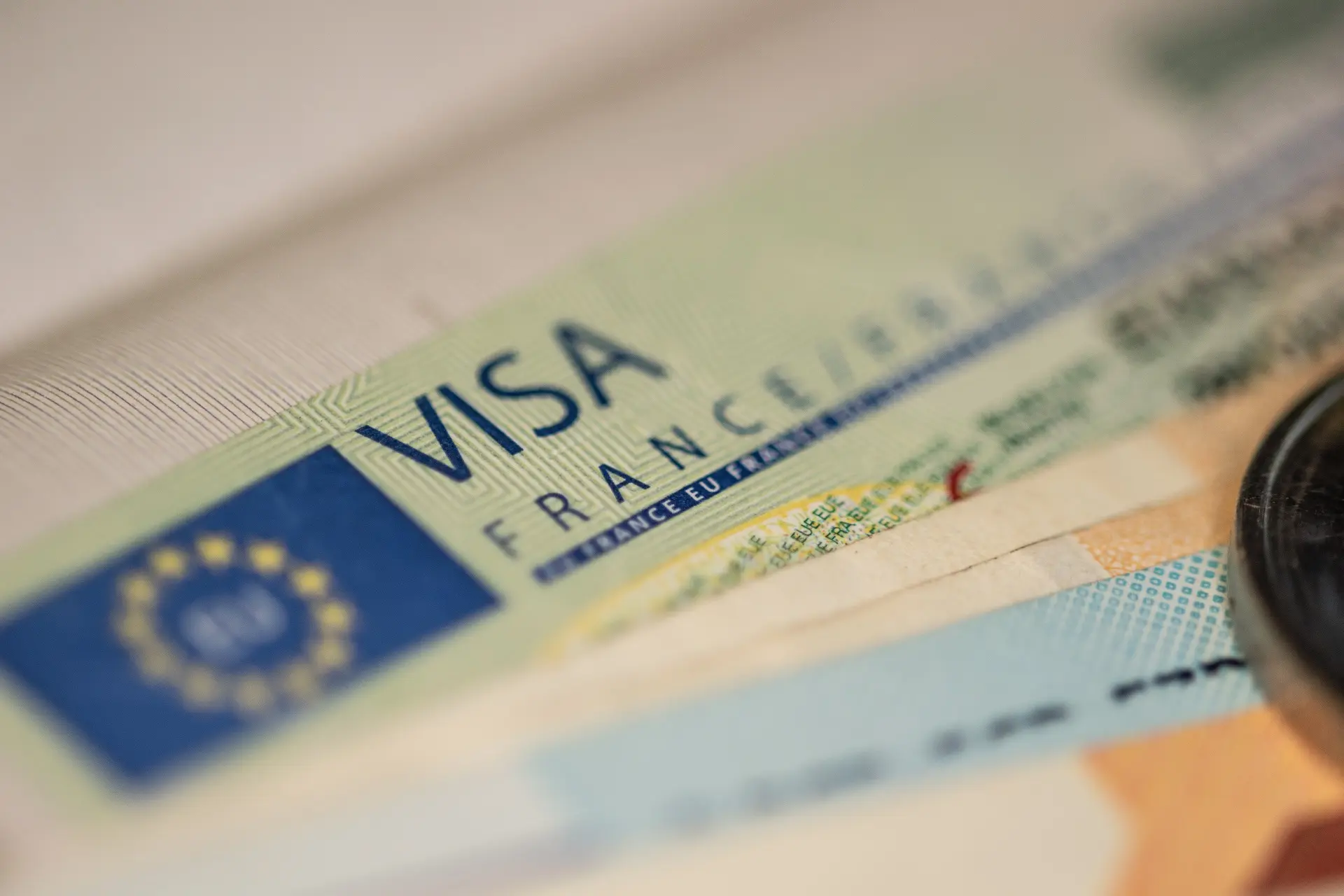How to Adjust to Life in France as an Expat
Learn French, embrace the culture, navigate bureaucracy, and build a social network. Explore French cuisine, travel, and enjoy world-class healthcare!
Moving to France as an expat can be an exciting adventure, but it also comes with its share of challenges. While the country is famous for its beautiful landscapes, rich history, and world-class cuisine, adjusting to a new culture, language, and way of life requires time and effort. Whether you're moving to France for work, study, or retirement, this guide will help you navigate the transition smoothly and settle into your new home.

1. Learn the Language
One of the most important steps in adjusting to life in France is learning the language. While many people in large cities like Paris or Lyon speak some English, speaking French is crucial for day-to-day interactions, especially in smaller towns and rural areas.
- Take language classes: Enroll in a local language school, or join online language learning platforms to improve your French. Many cities offer community classes specifically for expats.
- Practice regularly: Daily practice will help you get comfortable with conversational French. Try speaking with locals, practicing at markets, or watching French TV shows and films to immerse yourself in the language.
- Language exchange groups: Many French cities have language exchange groups where you can practice speaking French with native speakers, and in return, they can practice English with you.
2. Understand French Culture and Etiquette
French culture is steeped in tradition and etiquette, which can feel quite different from what expats may be used to. Taking the time to understand and respect these cultural norms will help you integrate smoothly into French society.
- Politeness is key: Always greet people with “Bonjour” or “Bonsoir” before asking a question or starting a conversation. This small act of politeness is considered essential.
- Meal etiquette: In France, meals are an important part of the culture. Lunch is often a long, leisurely affair, especially on weekends, and table manners are important. Be mindful of dining customs, such as keeping your hands visible on the table but not resting your elbows.
- Greetings: The French custom of kissing on the cheek, known as “la bise,” is common when greeting friends, while a handshake is more formal. Learning when and how to use these greetings will help you navigate social situations.
3. Navigating French Bureaucracy
One of the more challenging aspects of life in France is dealing with the country's extensive bureaucracy. From opening a bank account to applying for a residence permit, paperwork and official procedures can be complex and time-consuming.
- Get organized: Keep copies of all important documents, such as your passport, visa, proof of address, and financial statements. You’ll often need these for various administrative tasks.
- Expect delays: Processes like obtaining a Carte de Séjour (residence permit) or registering for health insurance may take longer than expected. Patience is key.
- Seek professional help: If you’re struggling with administrative tasks, consider hiring a relocation consultant or legal advisor who is familiar with French bureaucracy to help you navigate the process.
4. Embrace French Work Culture
If you’re moving to France for work, understanding the French work culture is essential. While France has a reputation for a strong work-life balance, the professional environment has its own unique characteristics.
- Respect hierarchy: French workplaces tend to have a formal structure, with a clear hierarchy. It’s important to show respect to senior colleagues and understand the chain of command.
- Work-life balance: France is known for valuing work-life balance. Employees typically work 35 hours per week, and long vacations are common. Make the most of this balance by enjoying your time off to explore the country.
- Punctuality: While French people are usually punctual for business meetings, don’t be surprised if social gatherings start a little later than planned. It’s important to be on time for professional engagements, but casual events may have more flexibility.
5. Make New Friends and Build a Social Network
Moving to a new country can feel isolating at first, but building a social network is crucial to making the most of your time in France. There are many ways to meet people and form meaningful connections.
- Join expat groups: Many cities have expat communities that organize events, meetups, and social activities. This is a great way to meet people who understand the challenges of adjusting to a new country.
- Participate in local activities: Get involved in local events, sports, or hobby clubs to meet French people and other expats. Whether it’s joining a local book club or taking a cooking class, engaging in community activities will help you integrate.
- Use social media: Facebook groups, Meetup, and other social platforms are great for finding events and connecting with other expats in your area.
6. Explore French Cuisine and Markets
One of the best ways to immerse yourself in French culture is by embracing the country’s incredible food scene. French cuisine is a point of national pride, and the markets are filled with fresh, seasonal produce that will inspire your cooking.
- Shop at local markets: Most French towns have weekly markets where you can buy fresh fruits, vegetables, cheeses, and meats. Shopping at these markets is also a great way to practice your French and connect with locals.
- Try new dishes: Be adventurous and try traditional French dishes, from escargots and foie gras to regional specialties like cassoulet and bouillabaisse.
- Cook at home: Cooking French dishes at home is not only fun but also a way to immerse yourself in the culture. Learning to make classic French dishes, such as coq au vin or ratatouille, will help you feel more connected to your new life in France.
7. Healthcare and Well-being in France
France has a world-class healthcare system, and once you’re settled, it’s important to understand how it works so you can access the care you need.
- Register for healthcare: Once you have residency, you’ll need to register with the Sécurité Sociale, the public healthcare system. It covers a significant portion of medical expenses, with supplementary insurance (mutuelle) available for additional coverage.
- Find a doctor: It’s essential to register with a general practitioner (médecin traitant), as they will be your main point of contact for healthcare services.
- Mental health support: Adjusting to life in a new country can be stressful, and it’s important to take care of your mental health. France offers access to therapists, counselors, and support groups, which can be helpful during the transition.
8. Explore and Travel Around France
France is a country of incredible diversity, and one of the joys of living here is the opportunity to explore its many regions. From the vineyards of Bordeaux to the beaches of the Côte d’Azur, France offers endless opportunities for travel and adventure.
- Public transport: France has a well-developed public transportation system, including trains, buses, and metro systems in larger cities. The TGV (high-speed train) makes it easy to travel between major cities quickly.
- Day trips: Make the most of weekends and holidays by taking day trips to explore nearby towns, castles, and countryside. France is rich in history and natural beauty, so there’s always something new to discover.
- Europe at your doorstep: France’s central location in Europe makes it easy to travel to neighboring countries, including Italy, Spain, Germany, and Switzerland.
Conclusion
Adjusting to life in France as an expat requires patience, openness, and a willingness to embrace new experiences. Learning the language, understanding the culture, and building a social network are key to making the transition smoother. By taking the time to explore the country and engage with local customs, you’ll find that living in France is not only rewarding but also a truly enriching experience. With time, you’ll feel at home in your new life in this beautiful and culturally rich country.
.png)






